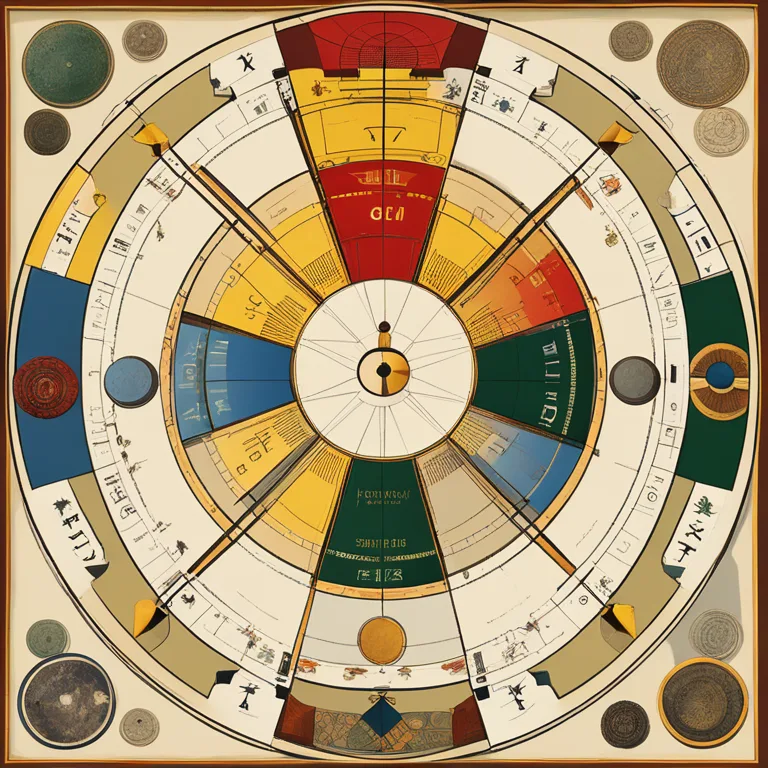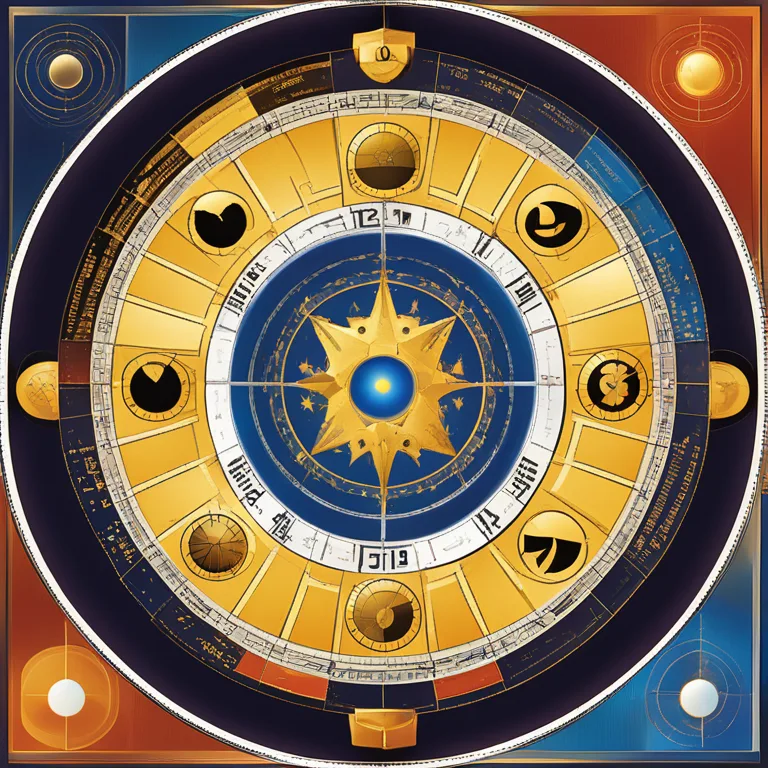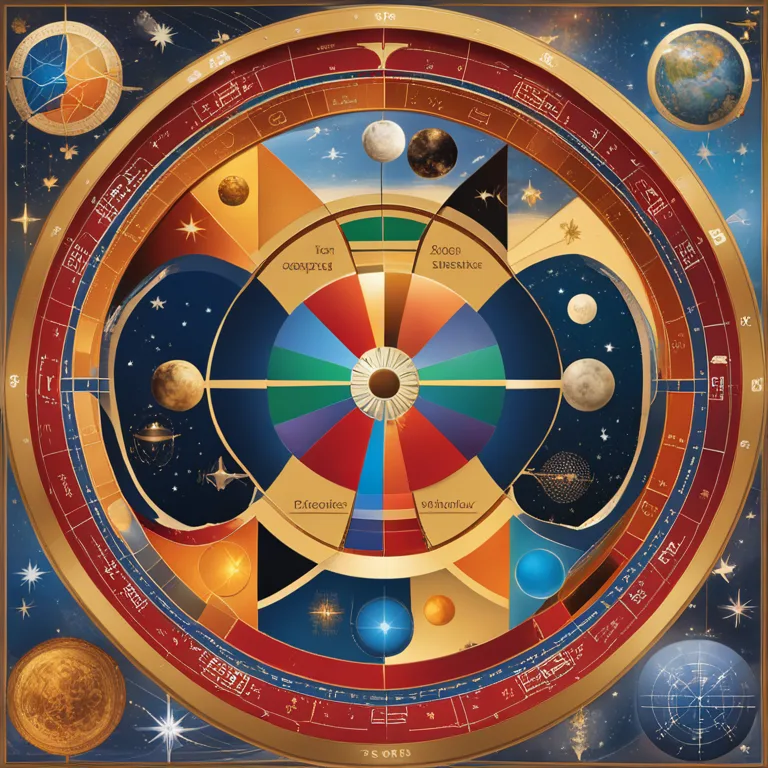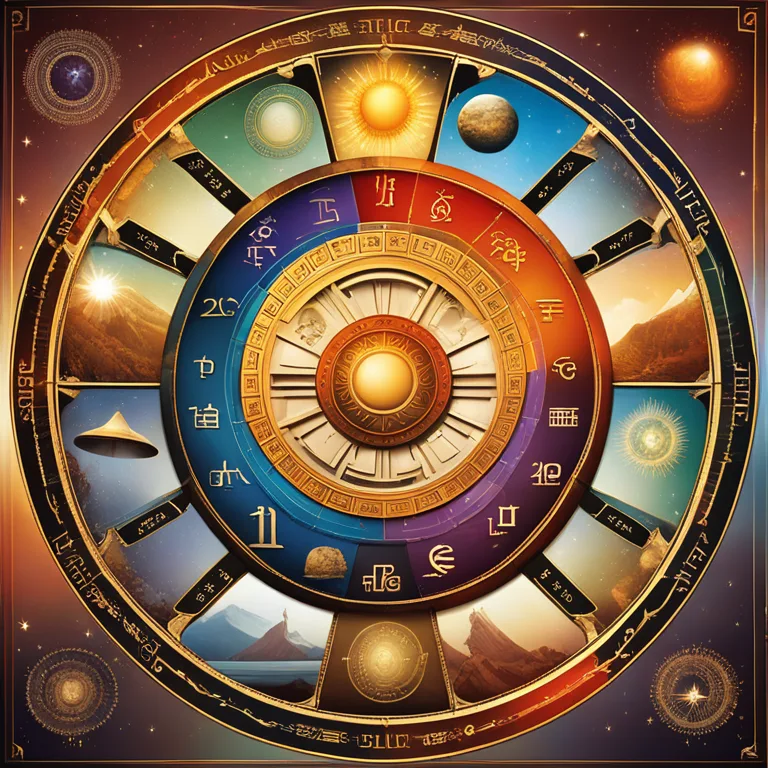
Best Astrology House System
Discover the optimal house system for astrological insights. Compare and choose the best fit for your practice in modern astrology.
article by Priya Deshmukh
The Quest for Accuracy
When venturing into the world of astrology, practitioners and enthusiasts alike encounter a critical decision: selecting an astrology house system that best aligns with their interpretative goals. The house system is a fundamental component of astrological practice, as it shapes the way a chart is read and understood. With various systems available, each claiming their own strengths and applications, the quest for the most accurate system is ongoing and often deeply personal. This decision can significantly influence the insights offered in horoscopes and forecasts, making an informed choice essential for any astrologer or astrology enthusiast.

Traditional vs. Modern Systems
Historically, the astrology community has debated the merits of traditional house systems, such as the Whole Sign and Equal House systems, versus modern methods like the Placidus and Koch systems. Traditional systems are admired for their simplicity and consistent structure, foundations that have withstood centuries of practice. In contrast, modern systems factor in the intricate nuances of time and space, presenting a highly personalized celestial snapshot. As astrologers peer into the future, casting horoscopes for 2024 and beyond, they must determine whether these newer methods enhance or complicate the interpretative process.

Whole Sign Houses
The Whole Sign house system, an ancient approach, assigns equal importance to each zodiac sign, with each sign governing one of the twelve houses. This system is renowned for its straightforwardness, particularly advantageous for beginners and for those focusing on the essential energies of each sign. In practice, the ascendant sign becomes the first house, setting a clear stage for interpretation. The popularity of the Whole Sign system is on the rise, with astrologers praising its clarity and ease of use when creating horoscopes for any upcoming period, including 2024 and years to follow.

Placidus System: A Modern Approach
Placidus, the most widely used system in the western world, embraces the complexities of time and place by calculating house cusps based on the movement of the ascendant and midheaven across the ecliptic. This dynamic technique results in houses that vary in size and shape, closely mirroring an individual's unique life experiences. As such, Placidus may offer more nuanced readings tailored to an individual, a quality that resonates well with the personalized approach many seek in contemporary astrology, especially for detailed annual predictions like those for 2024 and onward.

Equal House Methodology
The Equal House system is another traditional form, dividing the celestial sphere into twelve equal segments from the ascendant. While it lacks some of the specificity found in the Placidus system, its uniformity presents a balanced framework for placement of the planets. Proponents argue that this balance brings a level of fairness to interpretation, as each house is given equal weight, which could be particularly useful when casting generalized horoscope readings or evaluating compatibility between charts, irrespective of specific years.
Considering Personal Practice
The choice of a house system often comes down to personal preference and the specific requirements of an astrologer's practice. It's worth considering the type of readings one intends to provide. For example, some systems may be more suited to psychological profiling and forecasting future trends, while others excel at event timing or analyzing past events. Astrologers may also combine systems, choosing different approaches based on the client or question at hand. Emphasizing the approach that aligns most naturally with one's intuition can often yield the best results.
Adaptability and Evolution
As with any esoteric practice, adaptability is key. The house system that an astrologer starts with is not necessarily the one they stick with. The field of astrology is always evolving, and fresh insights may lead to a shift in preference. Personal growth within the astrological discipline often includes experimentation with various systems, discovering which resonate best with certain types of queries or individual charts. It's a journey of constant learning, fitting given that astrology itself is a study of cycles and transformation, reflective of the ever-changing movement of the cosmos.
Published: 12/19/2023
Modified: 12/19/2023
More predictions
Come back here soon to learn more about yourself and your future


Unlocking Astrological Houses
Learn the fundamentals of interpreting the 12 astrological houses and their significance in astrology.


Your Astrological Houses Guide
Discover the role and influence of houses in astrology, and learn which houses you reside in for a deeper celestial understanding.


Finding Your Astrological Houses
Master the basics of astrological houses and their meanings in your birth chart for insight into various life areas.